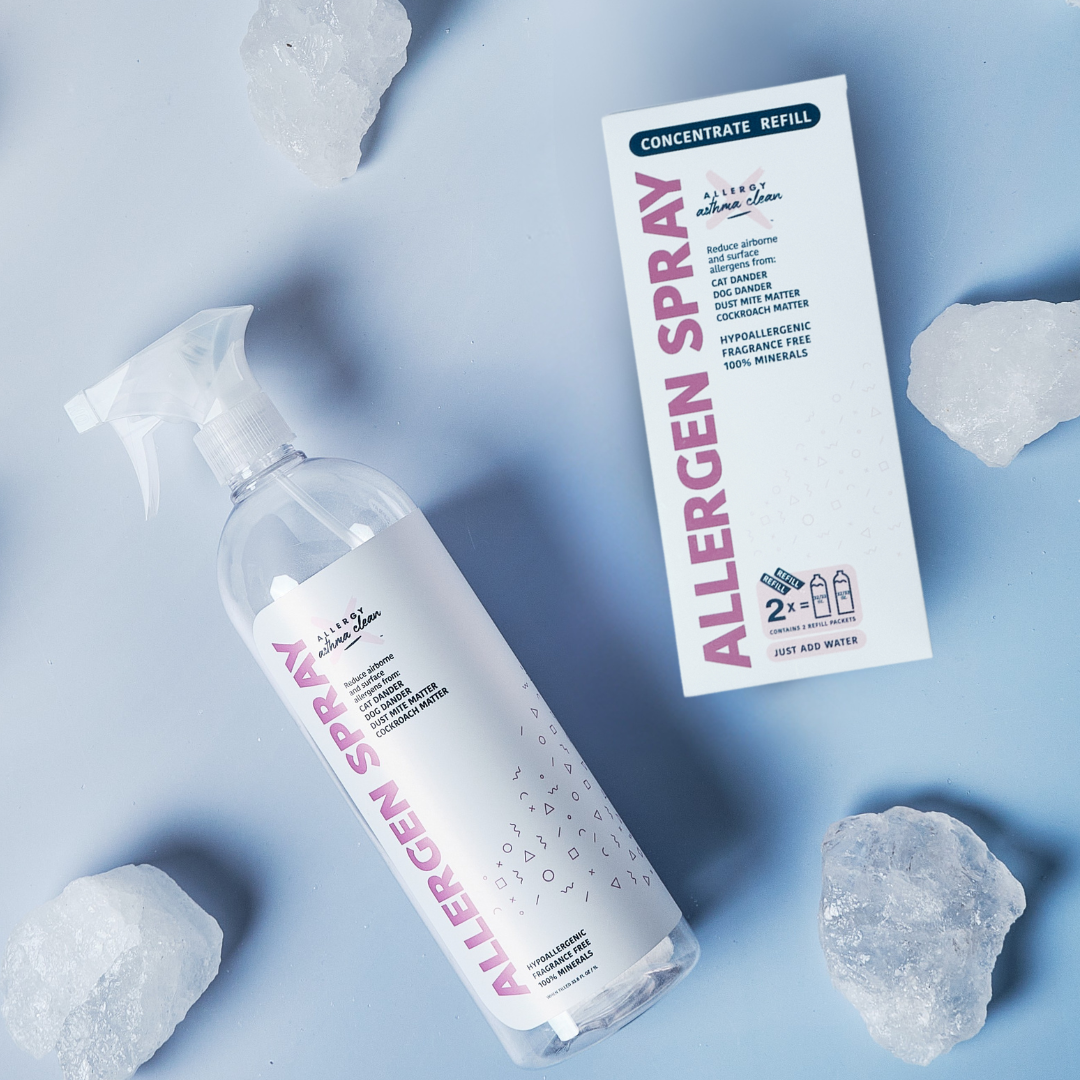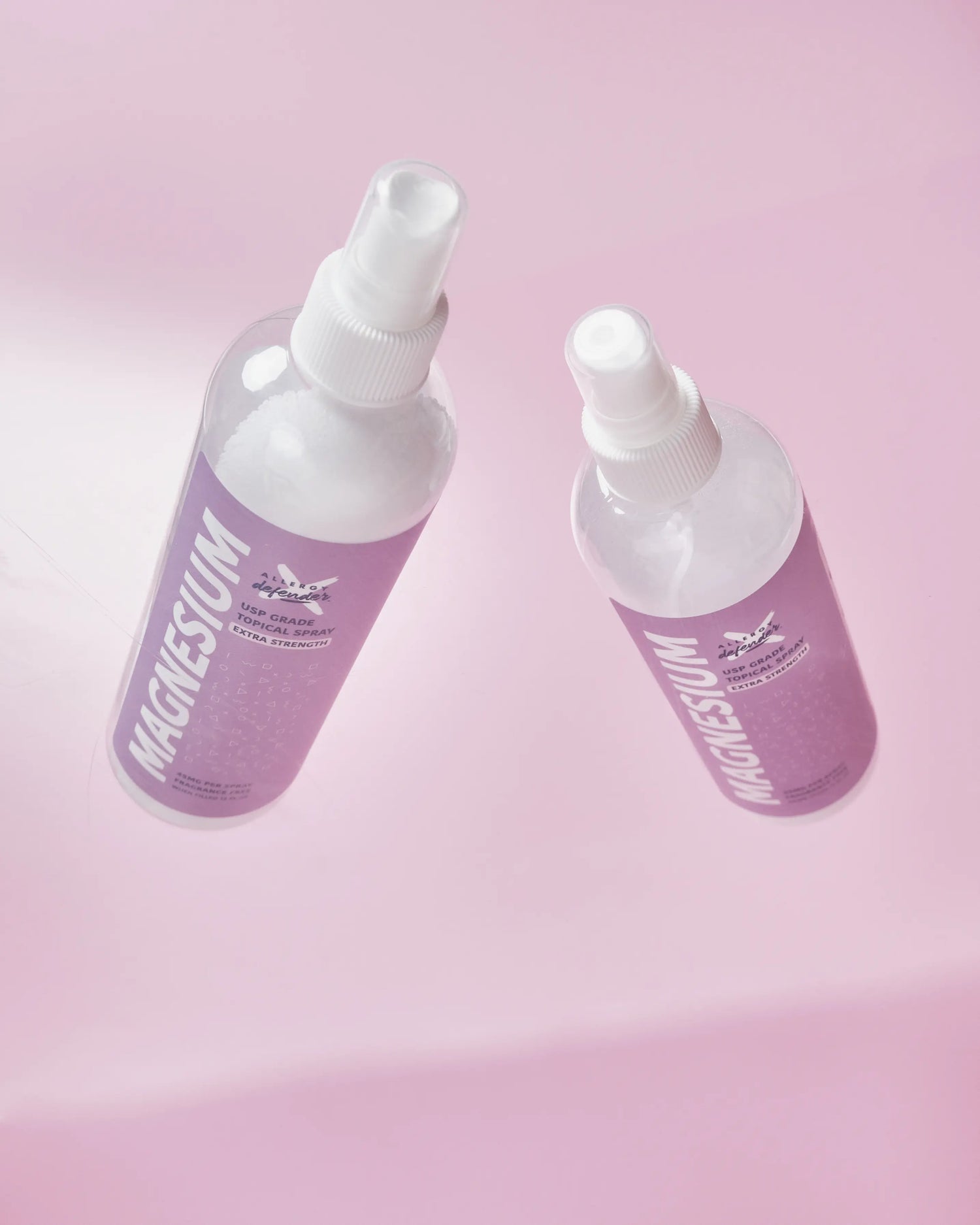What Does Hypoallergenic Mean?
Have you ever reached for a product labeled "hypoallergenic" with a sigh of relief? Perhaps you have sensitive skin or allergies, and the promise of a gentler experience is enticing. But what exactly does "hypoallergenic" mean? Is it a guarantee of allergy-free bliss, or is there more to the story?
Hypoallergenic Definition
Hypoallergenic means having little likelihood of causing an allergic response.
At its core, "hypoallergenic" is a combination of two Greek words: "hypo" meaning less and "allergenic" referring to allergens, substances that cause allergic reactions. So, on the surface, a hypoallergenic product suggests a lower risk of triggering allergies. However, the key term here is "less." Unlike some seemingly definitive labels ("organic" or "cruelty-free"), "hypoallergenic" lacks regulations. This means there's no guaranteed standard for what qualifies as hypoallergenic, leaving the interpretation largely up to the manufacturer. While manufacturers have the freedom to formulate products with fewer common allergens, the lack of standardized guidelines creates significant limitations.
Today, it serves as a marketing tool across diverse industries (such as the cosmetic industry), reassuring of a product's safety and suitability for individuals prone to allergies or skin sensitivities.
Product ingredients that could mislead you if the word "hypoallergenic" is being used. What to look for instead.
1. Beware of fragrances: Consider fragrance-free and dye-free options whenever possible. Fragrances are common culprits behind allergic reactions. You might even see "fragrance allergens" listed on ingredient labels. By choosing fragrance-free products, you can significantly reduce your exposure to potential irritants.
2. Beware of plant-based ingredients: Cleaning products, anti-allergen sprays, cosmetics, or laundry detergents containing plant proteins are organic (versus inorganic) proteins. Some people react to organic proteins. Therefore, if these products are labeled as hypoallergenic, it may be advisable to avoid using them to minimize the risk of allergic reactions.
3. Beware of essential oils: While certain essential oils may claim to be hypoallergenic, their inclusion of plant proteins can potentially trigger allergic reactions. To minimize the risk of such reactions, it's advisable to opt for natural products that do not contain any essential oils. Again, we're talking about organic proteins versus inorganic proteins. Inorganic proteins will not cause allergic reactions.
While it's best to avoid products containing fragrances, dyes, plant-based ingredients, scents, and essential oils, the question comes down to what ingredients and products to trust. Frankly, that's a journey I have been on for years, from the creation of our product to now. As a fellow allergy and asthma sufferer and someone who is sensitive to fragrances, I genuinely want real, honest, and true hypoallergenic products. That is why we created our Allergen Spray using only 100% minerals. Minerals are inorganic and won’t cause allergic reactions.
Why We Use "Hypoallergenic" and Our Commitment to Gentleness:
You might have noticed the "hypoallergenic" label on our Allergen Spray. While this term doesn't hold the same weight everywhere, it reflects our commitment to formulating a gentle product. We understand that many people struggle with allergies and sensitivities, including ourselves. That's why we've taken steps to:
- Use only 100% minerals: Our minerals don't contain any proteins, unlike plant-based products. Proteins trigger an allergic reaction; think cat dander, fragrances, and essential oils. We use only 100% minerals, free of plant-based ingredients, for a genuinely hypoallergenic product. Learn about our science and why we use only minerals here.
- Say no to fragrances and scents: We prioritize your health (and ours) by not adding any fragrances or scents to the product. We also do not add any "natural" fragrances or essential oils, that can trigger sensitive individuals.
- Goodbye to dye: Our products don't contain any dyes, even natural dyes, as those chemical compounds are on the rise for triggering allergic reactions.
Don't be afraid to delve deeper and research ingredients. A little extra effort can lead you to products that are truly gentle on you and won't cause allergies.
Wondering if a hypoallergenic pet is for you? Click on our article "Hypoallergenic Pets"



